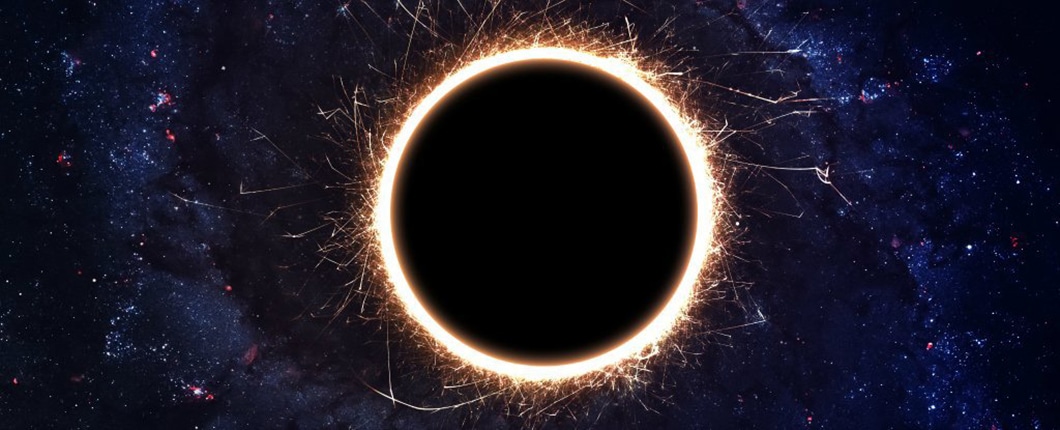
The Mysterious Black Hole
Believe it or not, we’ve never actually been able to catch a glimpse of a black hole. All those images featuring a starry sky with a perfectly circular dark blob in the middle? Simply an artist’s rendition.
Although scientists believe that there are hundreds, even thousands, of black holes that might be hiding in our own galaxy, it’s extremely difficult to prove their existence. They cannot be observed from a telescope because light is completely consumed once it passes the event horizon. To make matters more confusing, we aren’t even sure how black holes form, but we could be getting some answers very soon.

Last year, scientists announced the creation of the Event Horizon Telescope. This powerful telescope would be able to photograph black holes, and now, scientists are saying they believe the device will be operable as soon as April. If it can successfully capture an image of this mysterious entity, we’d retrieve a tremendous deal of evidence that would bring us several steps closer to understanding these unanswered questions.
The Event Horizon Telescope will operate through a network of radio receivers erected across the planet. Between April 5 and 14, it will utilize a technique called very-long baseline interferometry (VLBI) in which the receivers collect radio signals emitted by a precise point in space. Once effective, sights are being set on our own galaxy’s black hole, Sagittarius A*, which is located 26,000 light-years from Earth with an event horizon stretching 20 million kilometers (12.4 million miles) in diameter.
The Search Continues
Even though scientists have never been able to directly observe a black hole, there is pretty substantial evidence that points towards their existence.

For one, the influence that the proposed Sagittarius A* has on surrounding stars proves to us that something strange is affecting their orbit. The same is observed for several other black holes we’ve theorized to exist in our Universe.
Scientists are also able to detect the presence of a black hole by the amount of radiation being emitted from an area. The extremely hot x-rays we’ve detected are thought to come from the incredibly fast-moving disk of particles surrounding the hole.
The Event Horizon Telescope hopes to uncover this long-awaited evidence of a black hole’s existence. The images will mark a new milestone in humanity’s understanding of the Universe. But given the amount of data and the time it’ll take to process it, images won’t likely be ready until late 2017 or the beginning of 2018.